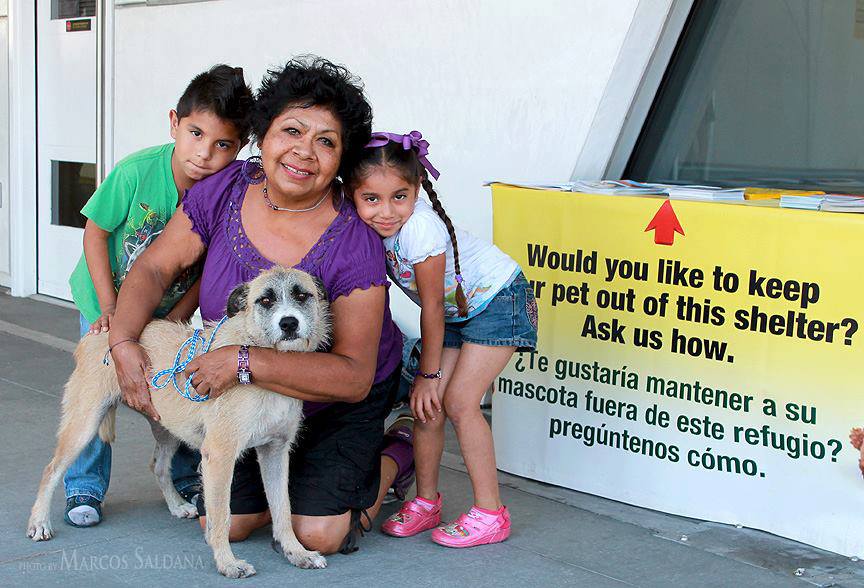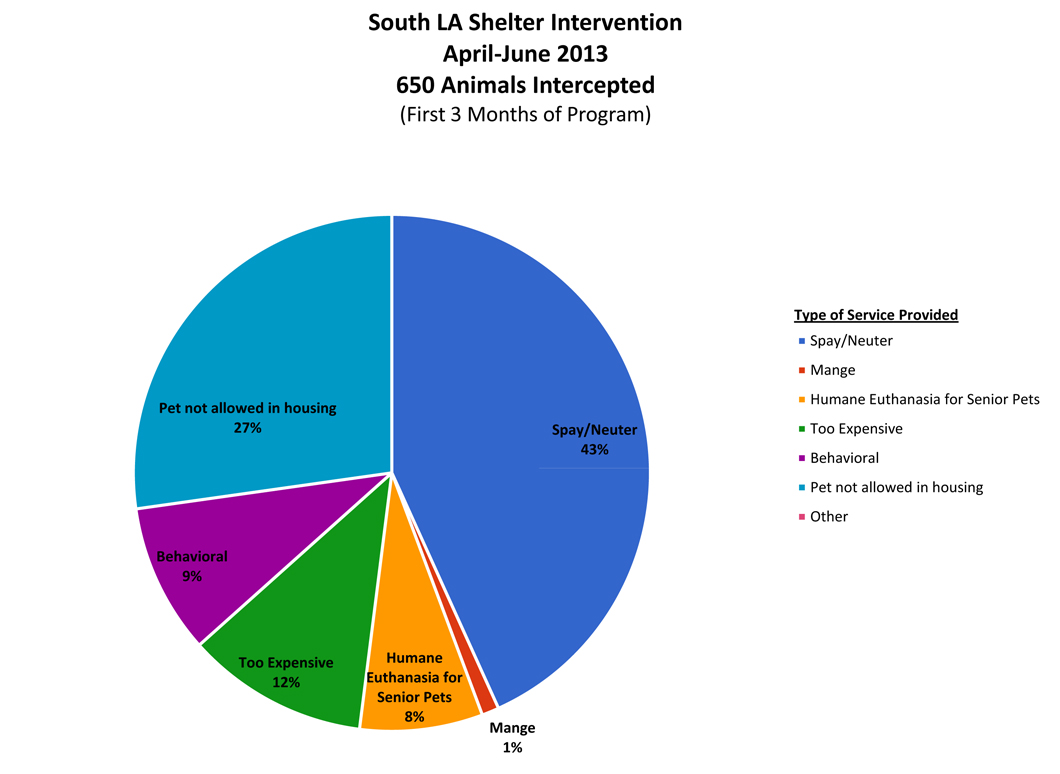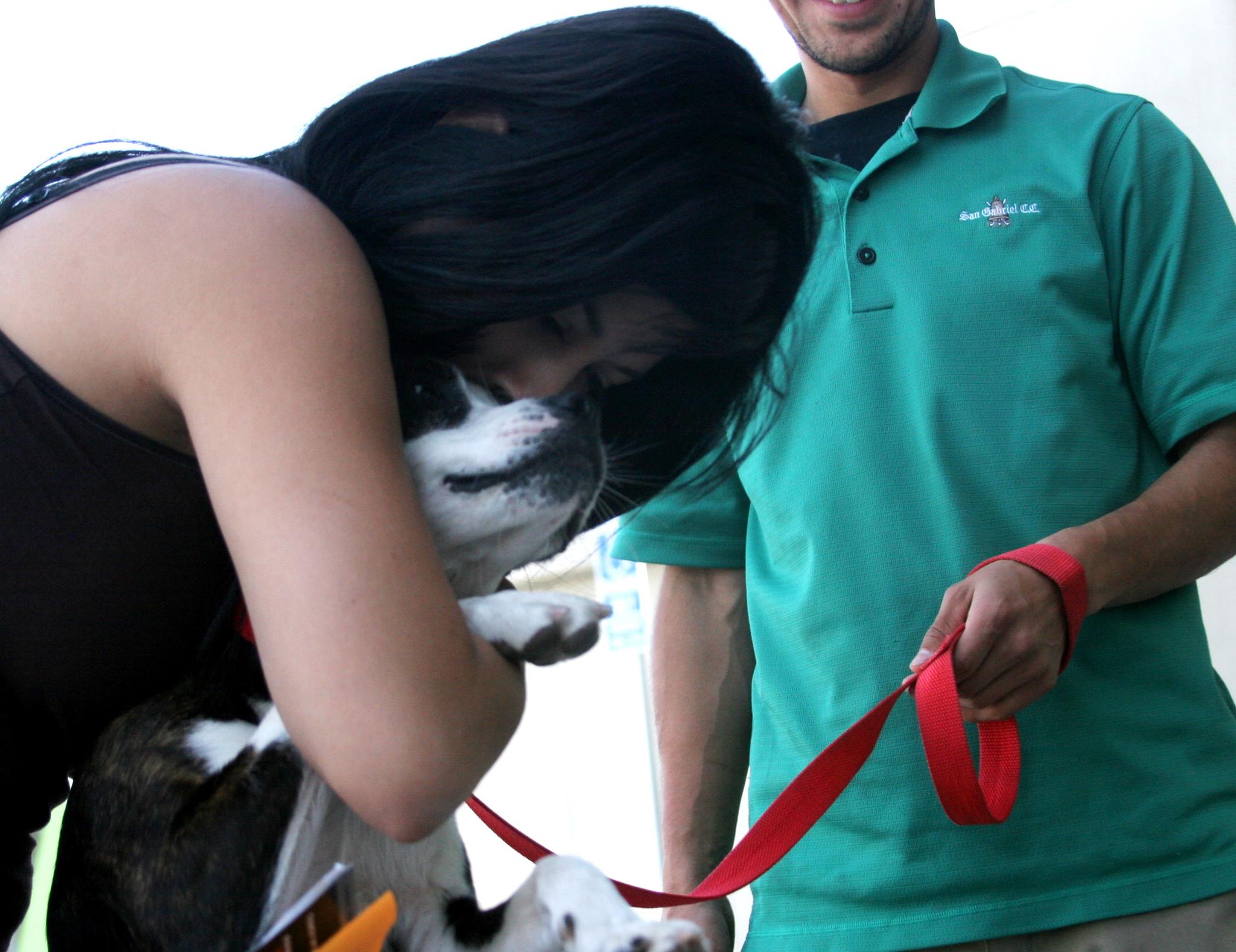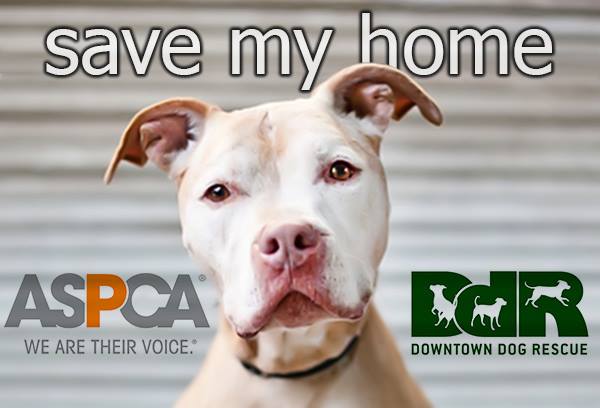Pets as Gifts – Evidence not Anecdotes
![]() Pets aren’t gifts. We all know that.
Pets aren’t gifts. We all know that.
If a pet is given as a gift, the recipient might not be prepared for the financial commitment. The pet might be unsuitable to their lifestyle, or the recipieint may be uncommitted. And this means the pet is more likely to be relinquished.
But are you willing to be wrong about that?
“Studies of dog and cat relinquishment to shelters, however, show that the relinquishment of dogs and cats received as gifts is lower than from other sources,” says Weiss et al. in their 2013 paper. While this blog post will concentrate on this article, it’s important to note that this study builds on the research of others. For example (as summarised by Weiss et al.),
- This article looked at 2600 dogs and 2300 cats, and found “Relinquished dogs infrequently came from pet shops, as gifts and from veterinarians. The study found the odds of dog relinquishment were higher when acquiring an animal from a shelter, friend, as a stray, and from a pet shop compared to receiving an animal as a gift”. Cats had similar trends.
- This article “identified 71 reasons for pet relinquishment” and unwanted gift made up only 0.3% of dog surrenders and 0.4% of cat surrenders.
- And this one found that being received as a gift was a protective factor, with dogs and cats received as gifts being “at [a] significantly decreased risk of being relinquished”.
Simply, there is no evidence that pets being given as gifts leads to relinquishment. It is an unfounded myth.
This study even says, “the myth that dogs and cats should not be given as gifts still persists“.
How was this study conducted?
A large telephone survey of 1006 adults was conducted, with 222 people saying they received a dog or cat as a pet in the last 10 years.
If an individual identified them self as a pet-gift-receipient, they were asked further questions. Were they involved in selecting the pet? How attached are they to their pet? Do they still own the pet?
And what did they find?
Some of the gifted-pets were rehomed – 21 out of the 215 pets. That is, 9.7%.
It didn’t seem to matter if the gift was a surprise or not – it wasn’t associated with people rehoming their pet, or being more or less attached to it.
“These results suggest that there is no increased risk of relinquishment for dogs and cats received as a gift.”
On a side note, this study is different, because it looked at owner retention, instead of shelter relinquishment data. This means that the statistic of 9.7% rehomed is probably higher than shelter surrender intake (as many pets would be rehomed privately instead of through shelter facilities).
How does this relate to shelters?
Weiss et al. express their concern about shelters who prohibit adoptions when they know that the animal is going to be given as a gift. Weiss et al. says, not allowing pets to go as gifts may “impede the overarching goal of increasing adoptions of pets from our nations’ shelter system”.
Significantly, they say (emphasis my own):
“These findings may help animal welfare organisations open options for those interested in obtaining dogs and cats for their family and friends. It is important to note that animals obtained from a shelter are more at risk than those obtained as gifts. Allowing adoptions of dogs and cats to those obtaining the pet as a gift may decrease the risk of return or relinquishment for that dog or cat. Furthermore, it would allow for more animals from shelters to find homes.”
The next thing
Briefly, the article suggests that the next area for study is research and planning, and how that relates to pet retention. Current evidence suggests that ‘spur of the moment’ type acquisitions made with little or no research or planning are not associated with higher rates of relinquishment.
So have you ever received a pet as a gift? And did you keep that pet for its life?
Reference:
Weiss, E, Dolan, ED, Garrison, L, Hong, J & Slater, M (2013). Should dogs and cats be given as gifts? Animals, 3 (4) DOI: 10.3390/ani3040995





